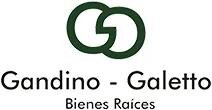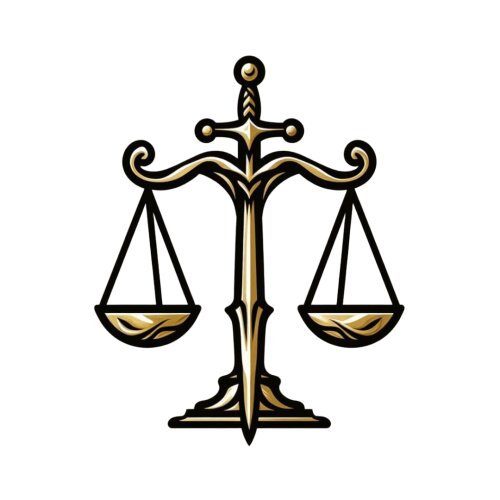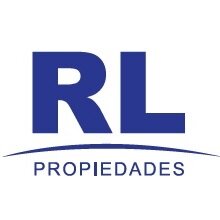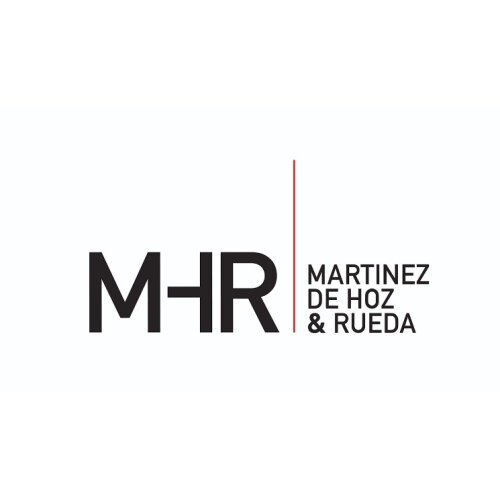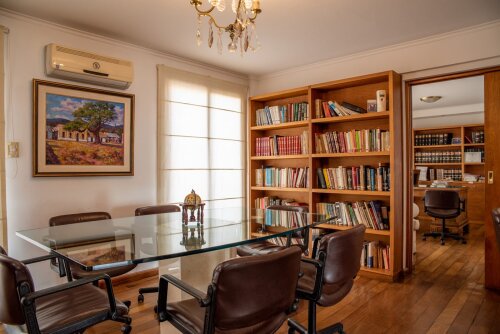Best Landlord & Tenant Lawyers in Argentina
Share your needs with us, get contacted by law firms.
Free. Takes 2 min.
Free Guide to Hiring a Real Estate Lawyer
Or refine your search by selecting a city:
List of the best lawyers in Argentina

About Landlord & Tenant Law in Argentina
Landlord and tenant law in Argentina is governed by the Civil and Commercial Code, which regulates rental agreements and the rights and responsibilities of both parties involved. Rental agreements are predominantly residential, commercial, or for agricultural use, and the law aims to create a balanced framework to protect the interests of both landlords and tenants. Agreements generally include terms regarding rent amount, duration, and responsibilities for maintenance.
Why You May Need a Lawyer
Seeking legal assistance in landlord and tenant matters can be crucial in several situations. Common scenarios where legal help might be needed include resolving disputes over unpaid rent, addressing violations of lease agreements, negotiating lease terms, issues with eviction proceedings, and understanding rights related to deposit refunds. A lawyer can provide invaluable guidance, represent individuals in court, and help ensure compliance with relevant laws and regulations.
Local Laws Overview
The key aspects of landlord and tenant laws in Argentina include:
- Lease Agreement: Typically, lease agreements last two to three years for residential properties, though they can be renewed. Agreements must be formalized in writing.
- Rent Control: Rent increases are regulated, with adjustments usually based on official inflation indices.
- Security Deposits: Generally, landlords require a security deposit equivalent to one or two months' rent, to be refunded upon lease termination if no damages are found.
- Eviction Process: Legal procedures are in place to protect tenants from wrongful eviction. Landlords must follow these due processes, and evictions typically require court proceedings.
- Property Maintenance: Landlords are responsible for maintaining the property in a habitable condition, while tenants must keep the property clean and report any needed repairs.
Frequently Asked Questions
What are the basic rights of a tenant in Argentina?
Tenants are entitled to live in a habitable property, receive receipts for payments, and have a fixed rent during the lease period, among other rights.
Can a landlord increase the rent during a lease term?
Rent increases during the lease term are generally governed by the terms agreed upon in the lease, often using a formula indexed to inflation rates.
What happens if the tenant stops paying rent?
If a tenant stops paying rent, the landlord can initiate legal proceedings to recover unpaid dues and potentially evict the tenant, following proper legal protocols.
Is it mandatory to have a written lease agreement?
Yes, although verbal agreements exist, a written lease is highly recommended as it serves as formal documentation of the agreed terms.
What is the typical duration of a residential lease?
Residential leases usually last two to three years, though they can be renewed or renegotiated at the end of the term.
What responsibilities does a tenant have?
Tenants must pay rent on time, maintain the property in good condition, and report necessary repairs to the landlord.
Can a tenant sublease the property?
Subleasing is typically allowed unless explicitly prohibited in the lease agreement. It's advisable to discuss and get written consent from the landlord.
How is a security deposit handled at the end of the lease?
The security deposit should be returned to the tenant if the property is in good condition, minus any agreed-upon deductions for damages beyond normal wear and tear.
What is the legal process for eviction?
Eviction requires a legal process involving court orders, ensuring that the tenant's rights are protected throughout the process.
Are tenants responsible for property repairs?
Tenants are responsible for minor repairs if caused by them. Landlords are generally liable for significant repairs to maintain property habitability.
Additional Resources
For those seeking further information or assistance, several resources are available:
- ANSES (Administración Nacional de la Seguridad Social): Provides information on social and housing programs.
- Consumer Defense and Protection Associations: Offer support and guidance on tenant rights.
- Local Legal Aid Societies: Many offer free or low-cost legal services to those in need of advice or representation in landlord-tenant disputes.
Next Steps
If you need legal assistance with landlord and tenant matters in Argentina, consider these next steps:
- Consult with a lawyer who specializes in real estate and tenant law to understand your options and rights.
- Gather all relevant documents, such as your lease agreement, payment receipts, and communication with the landlord.
- Contact local tenant associations for advice and support.
- If facing eviction, seek immediate legal counsel to explore available legal protections.
Lawzana helps you find the best lawyers and law firms in Argentina through a curated and pre-screened list of qualified legal professionals. Our platform offers rankings and detailed profiles of attorneys and law firms, allowing you to compare based on practice areas, including Landlord & Tenant, experience, and client feedback.
Each profile includes a description of the firm's areas of practice, client reviews, team members and partners, year of establishment, spoken languages, office locations, contact information, social media presence, and any published articles or resources. Most firms on our platform speak English and are experienced in both local and international legal matters.
Get a quote from top-rated law firms in Argentina — quickly, securely, and without unnecessary hassle.
Disclaimer:
The information provided on this page is for general informational purposes only and does not constitute legal advice. While we strive to ensure the accuracy and relevance of the content, legal information may change over time, and interpretations of the law can vary. You should always consult with a qualified legal professional for advice specific to your situation.
We disclaim all liability for actions taken or not taken based on the content of this page. If you believe any information is incorrect or outdated, please contact us, and we will review and update it where appropriate.
Browse landlord & tenant law firms by city in Argentina
Refine your search by selecting a city.



